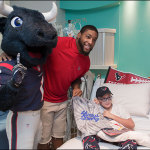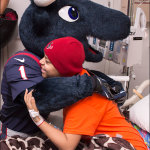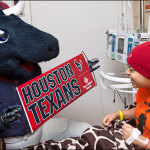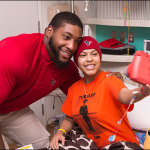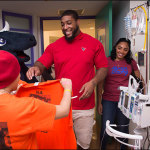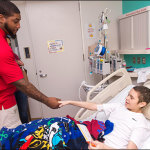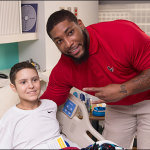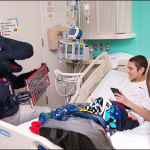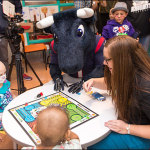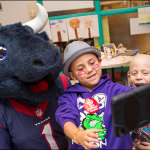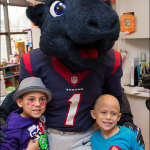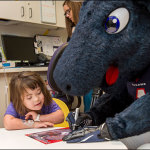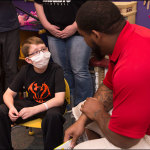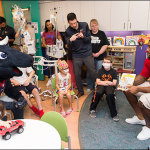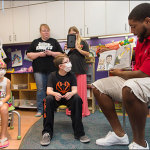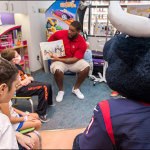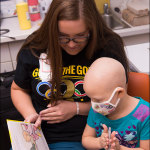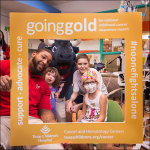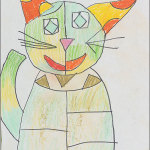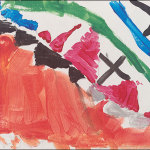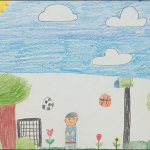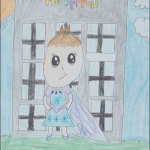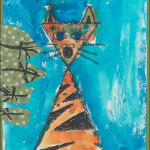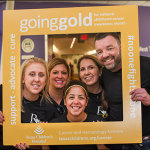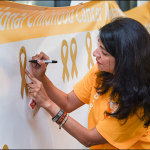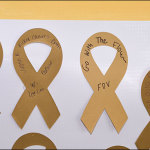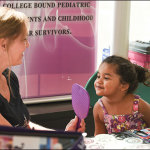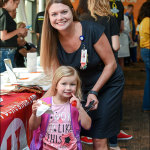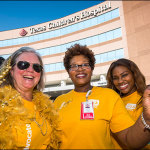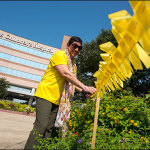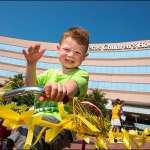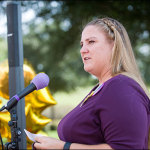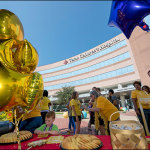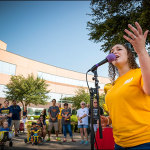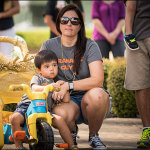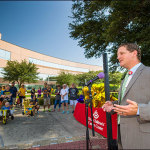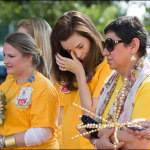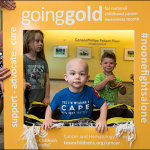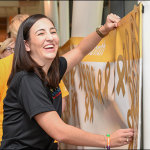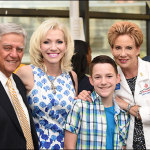 Texas Children’s Cancer Center Texas Children’s and Baylor College of Medicine will lead a statewide effort to understand the causes of childhood cancer through development of the Adolescent and Childhood Cancer Epidemiology and Susceptibility Service for Texas, or ACCESS-Texas, with support from a $6 million grant from the Cancer Prevention and Research Institute of Texas.
Texas Children’s Cancer Center Texas Children’s and Baylor College of Medicine will lead a statewide effort to understand the causes of childhood cancer through development of the Adolescent and Childhood Cancer Epidemiology and Susceptibility Service for Texas, or ACCESS-Texas, with support from a $6 million grant from the Cancer Prevention and Research Institute of Texas.
“Much progress has been made in the treatment of childhood cancer, but in most cases we still don’t know why children get cancer,” said Dr. Michael Scheurer, Texas Children’s Cancer Center and ACCESS-Texas director and associate professor of pediatrics – hematology/oncology at Baylor. “The vast majority occur with no recognizable cause.”
ACCESS-Texas will focus on identifying genetic risk factors and gene-environment interactions that may lead to susceptibility to cancer among children and adolescents. A diverse population of children newly diagnosed with cancer and their parents will be enrolled in the program at eight childhood cancer treatment centers across the state: Texas Children’s Hospital and Baylor, Children’s Hospital of San Antonio, UT Southwestern/Children’s Medical Center Dallas, Cook Children’s Medical Center in Fort Worth, Vannie Cook Children’s Cancer Clinic in McAllen and Texas Tech University children’s hospitals in Lubbock, Amarillo and El Paso.
“It is our mission to find a cure for all children with cancer, and ACCESS-Texas will help us understand why certain children get cancer, a critical step in finding cures,” said Dr. David Poplack, director of Texas Children’s Cancer Center, professor of pediatrics at Baylor, and deputy director of Baylor’s Dan L. Duncan Comprehensive Cancer Center.
The program will include data collection through a risk-factor questionnaire of patients and their parents focusing on sociodemographics, lifestyle, clinical risk factors, family history of cancer and other diseases, environmental and occupational exposures and maternal and infant diet. In addition, blood and saliva samples will be collected along with key clinical and follow-up data, including tumor pathology and staging and molecular characterization of the tumor, treatment summaries and treatment toxicities and late-effects. All of these data and the biospecimens will be banked in a central repository accessible to researchers conducting family-based studies of genetic risk factors for childhood cancer and gene-environmental interaction studies.
Recent research has identified genetic risk factors for common childhood cancers such as acute lymphoblastic leukemia (ALL) and neuroblastoma, but many other cancers have yet to be evaluated using a genome-wide approach. In addition, few gene-environment links that may lead to cancer susceptibility have been fully evaluated. A centralized facility that gives researchers access to the data to conduct large-scale research projects is a much needed resource in the state to advance current research, Scheurer said.
“The resources gathered through ACCESS-Texas would place Texas researchers in a better position to develop and lead international collaborations to explore novel risk factors for childhood cancers,” he said. “Once we more fully understand the causes of childhood cancers, we can then start to develop prevention strategies.”
“A major goal of our program is to understand the causes of childhood cancer, so we can detect the cancers earlier to make treatments more effective,” said Dr. James Amatruda, professor of pediatrics, internal medicine and molecular biology at UT Southwestern Medical Center. “We’re excited to be collaborating with colleagues across the state through ACCESS-Texas.”
Enrollment of Hispanic patients and families also is an important aspect of the program. “This is a highly vulnerable population,” Scheurer said. “Hispanics generally have higher rates of cancer and worse outcomes, and the opportunity to collect data and conduct research that may help us understand the reasons for this is very important.”
The Children’s Hospital of San Antonio is one site involved in the new program that cares for many Hispanic patients. “The Children’s Hospital of San Antonio is proud and excited to participate in this important statewide resource, the outcomes of which will greatly impact our understanding of children’s cancer,” said Dr. Vivienne Marshall, professor of pediatrics and director of clinical research at the Max and Minnie Tomerlin Voelcker Clinical Research Center at the Children’s Hospital of San Antonio. “We serve a unique population that is often under-represented in national studies, so this is a significant opportunity to further advance knowledge that will benefit our children.”
ACCESS-Texas is built on a similar but smaller-scale program already in place at Texas Children’s Cancer Center that has resulted in significant research findings, including the first genome-wide assessment of maternal genetic effects among pediatric ALL patients and a study evaluating the role of gene-nutrient interactions on ALL risk.



